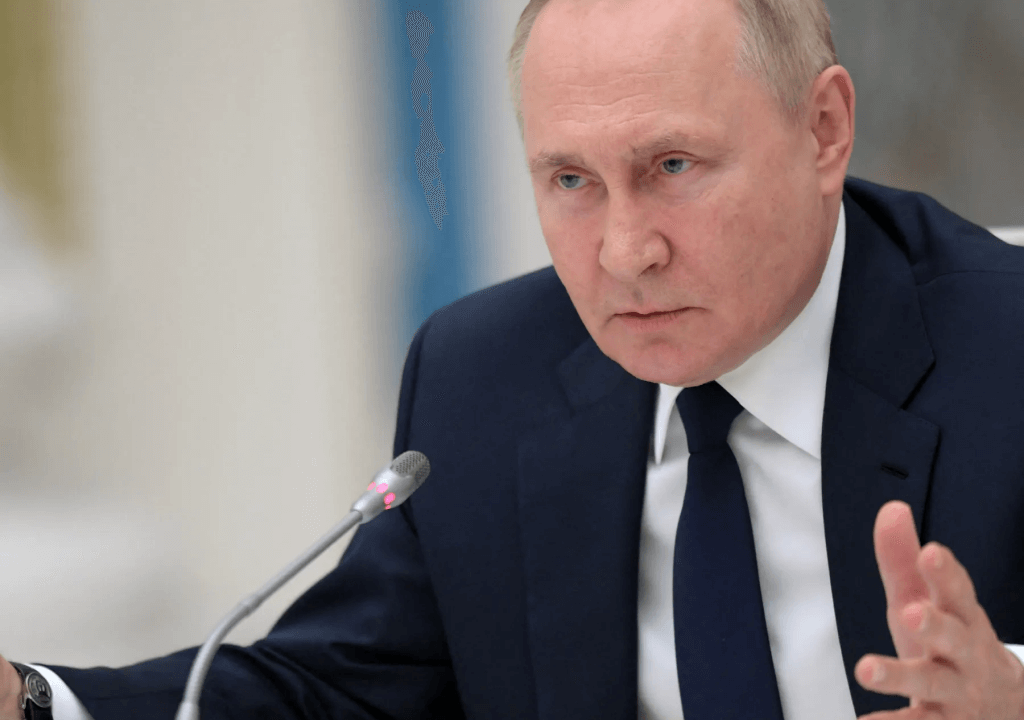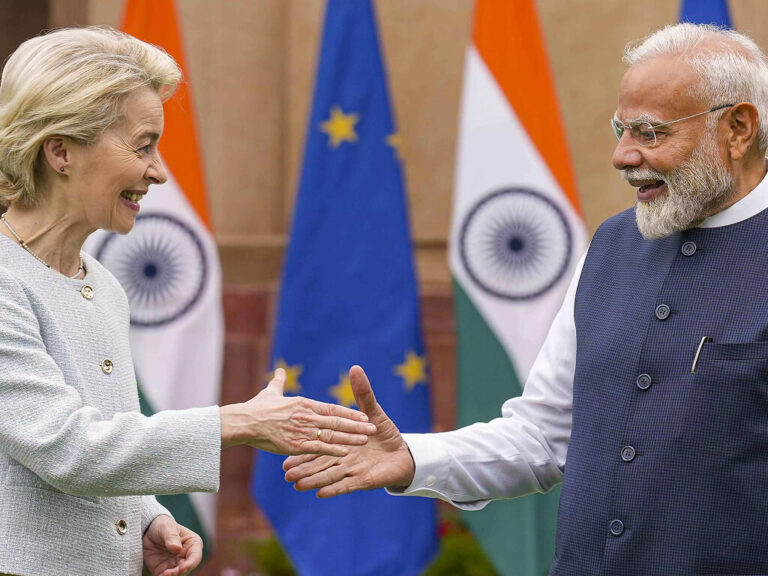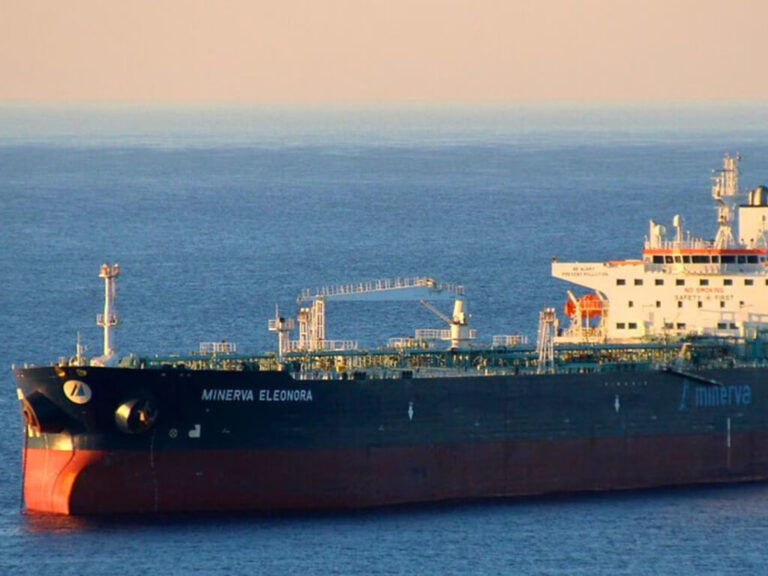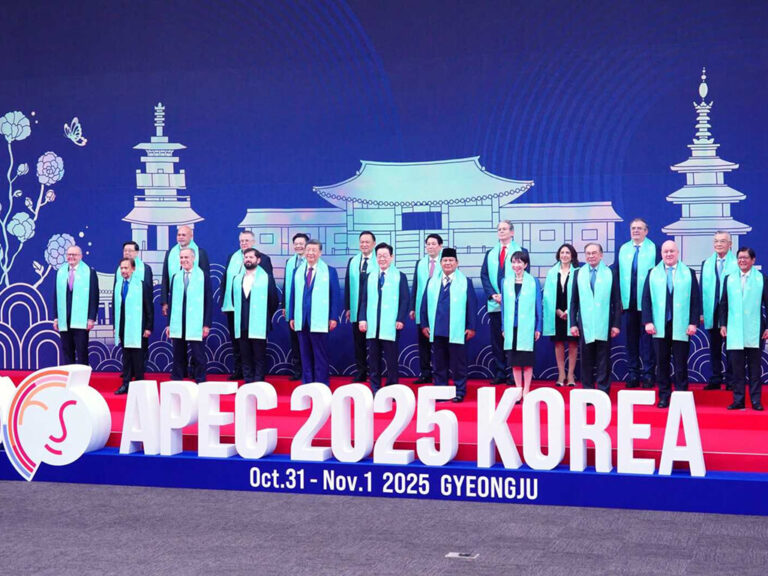A notable shift in sentiment is occurring among the populations of former Soviet countries, commonly known as the Russosphere. Younger generations, largely unexposed to Soviet propaganda, are increasingly influenced by Western ways of living. Eastern Europe, with the exception of Belarus, which still has a pro-Russian government, appears to be slipping away from Russia’s influence. Russia now fears it may lose its grip on the Caucasus next. The ongoing war between Russia and Ukraine has exposed Russia’s weaknesses, leading many to question its ability to act as the heir of the Soviet Union. Despite initiating the war two years ago, Russia has struggled to invade Ukraine and achieve its objectives, facing repeated humiliations. The Caucasus, a compact yet geopolitically pivotal region bridging Asia and Europe, once firmly under Russia’s sway, is now drifting towards Europe. In Georgia and Armenia, a growing Europhile sentiment is visible, as the people increasingly look westward, aligning their aspirations more closely with Europe Any significant move in this direction could pose a serious challenge to Moscow. Putin and the Kremlin seem to have recognized this changing mood and appear to be taking steps to address it.
Russian President Vladimir Putin’s recent two-day visit to Azerbaijan makes it clear that he intends to maintain his role as a powerbroker in the Caucasus. However, whether he still has the influence to do so remains uncertain. Putin’s trip to Baku on August 18th and 19th occurred against the backdrop of Russia’s deteriorating strategic partnership with Armenia, where Yerevan has increasingly strengthened its political and security ties with the West, and a continuing Ukrainian offensive in Russia’s Kursk region. Despite these challenges, Putin adopted a business-as-usual attitude throughout his visit, highlighting the economic advantages of the Declaration of Alliance between Russia and Azerbaijan signed in 2022, just days before Russia’s unprovoked attack on Ukraine. Putin mentioned that cooperation could extend beyond energy to include industrial collaboration, transport, logistics, and light industry. Azerbaijani President Ilham Aliyev, in turn, highlighted Azerbaijan’s commitment to preserving and promoting the Russian language, noting that over 160,000 students were enrolled in more than 300 Russian schools in the country. He also acknowledged Russia’s peacekeeping role in the Nagorno-Karabakh conflict.
With Russia’s strained relations with Armenia, the central question during Putin’s visit was whether Moscow could still play a meaningful role in brokering peace between Baku and Yerevan. Putin certainly seems eager to try. At one point, he expressed to Aliyev his willingness to facilitate efforts to delimit and demarcate the Armenian-Azerbaijani border, as well as to broker a peace deal. Putin clearly does not want to see himself-or Russia-sidelined in the peace negotiations.
Even though Russia can influence Armenian politicians with business ties to Moscow, significant discontent remains among the Armenian population. Many Armenians view the loss of Nagorno-Karabakh as a betrayal by Russia, believing that Russia now favors Azerbaijan, thus undermining their historical Orthodox alliance. It is important to recognize that public sentiment may differ from the views of their politicians. Putin and Russia have a vested interest in Azerbaijan due to its rich natural resources and its strategic position as a route from Turkey and the Middle East to Russia for money and investments. This interest aligns with Putin’s ambitious North-South Corridor project, which aims to boost direct trade with Iran and India, bypassing intermediaries. This initiative could help offset the loss of business with Europe and reduce Russia’s current overreliance on China, which greatly benefits from this dependence. Thus, Azerbaijan is a top priority in the Caucasus for Russia, even though Moscow does not want to lose Armenia entirely. If Russia cannot settle its issues with Armenia, it is likely that Armenia will turn more towards the West. With both Georgia and Armenia moving away from Russian influence, Russia faces severe security risks.
Russia’s historical involvement in the South Caucasus underscores the necessity of its participation in the peace process. However, Armenian officials, who have accused Moscow of failing to uphold security guarantees during the Second Karabakh War, appear reluctant to accept further Russian involvement. On August 19, a representative from the Armenian Foreign Ministry criticized Russian diplomats for making biased and disrespectful remarks about Armenia and questioned Russia’s commitment to fostering constructive engagement between Armenian and Azerbaijani officials. It also seems that as countries increasingly challenge Putin and Russia in the region. On this occasion, Putin is attempting to maintain a presence and their importance through his diplomatic meetings in Baku.








